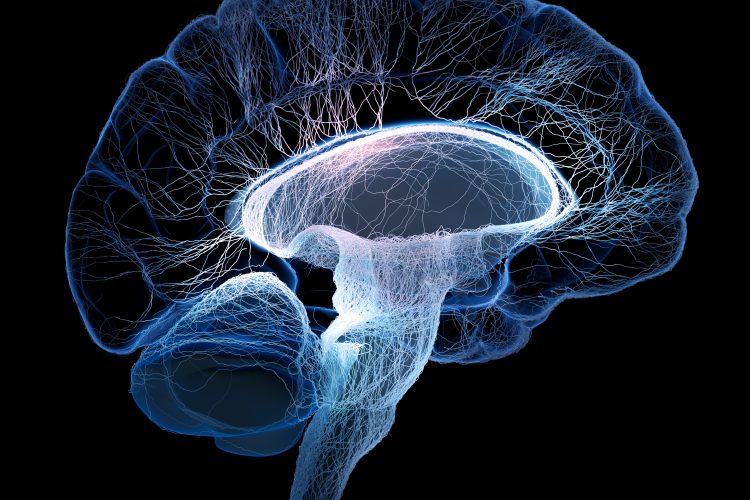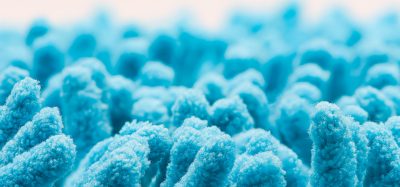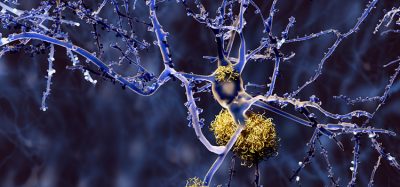Preventing F-actin build-up improves drosophila healthspan
Posted: 29 October 2024 | Drug Target Review | No comments yet
Disrupting F-actin in aged brains restored brain autophagy to youthful levels and reversed some cellular markers of brain ageing.


Researchers at UCLA have been able to prevent filamentous actin build-up in the brain of drosophila, which maintained cellular recycling and extended the healthy lifespan of the flies by around 30 percent.
Filamentous actin (F-actin) forms filaments that are key for maintaining cell structure and also inhibits crucial processes that removes unnecessary or harmful components within cells, such as DNA, proteins and organelles. The accumulation of these waste products reduces neuronal functions and contributes to cognitive decline.
Led by former postdoctoral scholar Edward Schmid in David Walker’s lab, the team observed F-actin build-up in the brains of ageing drosophila and pondered whether there was a link to brain ageing and overall loss of organismal health. The first finding that supported this hypothesis was that flies on a restricted diet lived longer and had less F-actin build-up in their brains. Secondly, when treated with rapamycin, a drug known to extend lifespan, there was also less F-actin in the brains of aged flies.
Although this demonstrated a correlation, the researchers conducted genetic analysis to discover a causality. As the drosophila genome is thoroughly mapped and understood, in ageing fruit flies, the team could target genes known to have significant roles in the accumulation of actin filaments. This included the Fhos gene, a member of a family of proteins known to elongate and organise actin filaments.
Schmid, an investigator at the Arkansas Biosciences Institute and assistant professor at Arkansas State University, elucidated: “When we reduced Fhos expression in ageing neurons, it prevented the accumulation of F-actin in the brain…This really allowed us to expand our study because now, we had a direct way to target F-actin accumulation in the brain and study how it affects the ageing process.”
The genetic intervention was targeted to neurons, yet it improved the flies’ overall health. They lived 25 to 30 percent longer, while showing signs of improved brain function and markers of improved health in other organ systems. Stopping F-actin accumulation protected cognitive function, which indicates the build-up is fuelling age-onset cognitive decline.
Autophagy pathways
Moreover, the team revealed the F-actin was interfering with autophagy. Previous research into ageing has established that autophagy pathways become less active with age, but it was not known why.
The new study evidences that preventing F-actin accumulation led to much more active autophagy in the brains of aged fruit flies. If they removed F-actin but also disabled autophagy, it did not slow ageing, suggesting the primary mechanism by which F-actin drives brain ageing appears to be by impairing autophagy.
Furthermore, the team showed that disrupting F-actin in aged brains can restore brain autophagy to youthful levels and reverse certain cellular markers of brain ageing.
Funded by the National Institutes of Health’s National Institute on Aging, the findings of this study is a positive step towards enabling healthier ageing in people.
“Most of us in the ageing field are focused on moving beyond lifespan into what we call the healthspan,” concluded Walker. “We want to help people enjoy good health and a high quality of life while extending the lifespan. Our study improved cognitive and gut function, activity level, and overall healthspan of fruit flies — and offers hope for what we might be able to achieve in humans.”
This study was published in Nature Communications.
Related topics
Drug Targets, Neurons, Neurosciences
Related conditions
ageing
Related organisations
UCLA
Related people
David Walker (UCLA), Edward Schmid (UCLA)








